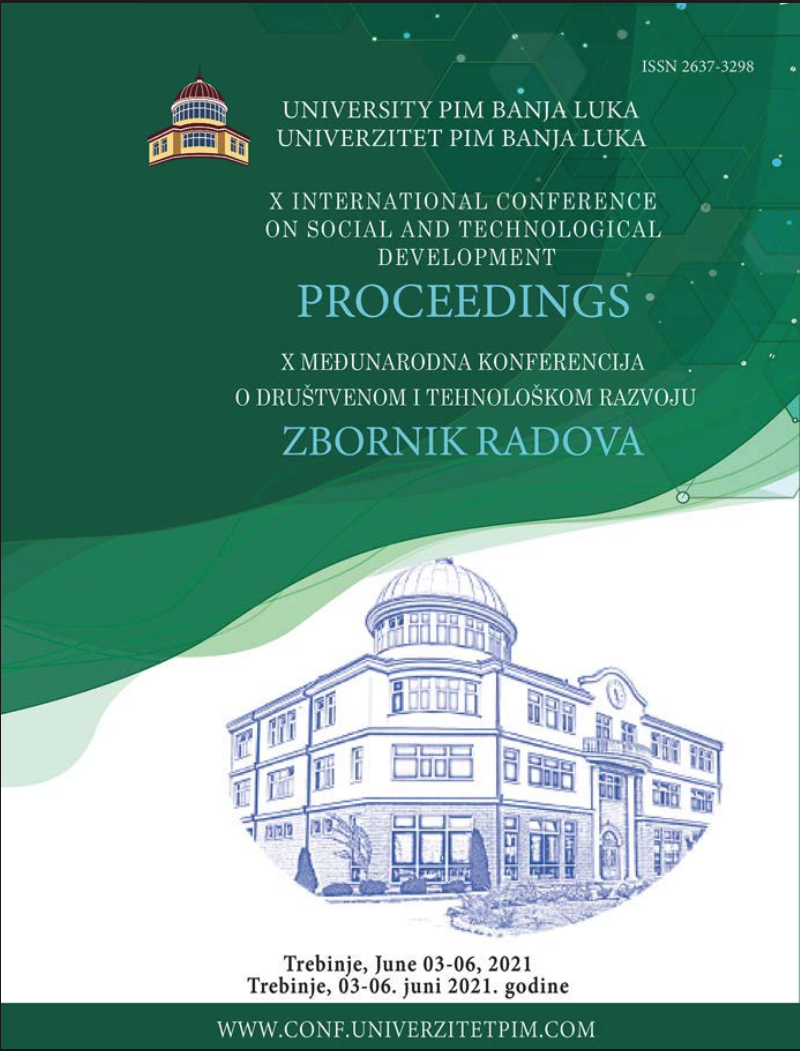
This is an open access article distributed under the Creative Commons Attribution License which permits unrestricted use, distribution, and reproduction in any medium, provided the original work is properly cited.
Faculty of Computer Science, University PIM , Banja Luka , Bosnia and Herzegovina
Information Technology School IT , Belgrade , Serbia
Information Technology School IT , Belgrade , Serbia
Faculty of Computer Science, University PIM , Banja Luka , Bosnia and Herzegovina
Information Technology School IT , Belgrade , Serbia
Information Technology School ITS- Belgrade, College of Vocational Studies, thanks to modern tools, information technology, information systems, information and communication technologies, enjoys an excellent reputation among the professional and academic public in the Republic of Serbia, as well as among academics. The article brings a case study - a model of teaching in this higher vocational school in pre-Covid conditions, which provided the school with an easy transition to online education during the declaration of a state of emergency in the Republic of Serbia. This model resulted in continuous teaching, care for teachers, associates and non-teaching staff. And the satisfaction of students and other stakeholders. ITS uses the following communication software in its work: Information system (IS ITS), Distance Learning System (DLS), Testing and Learning Software (TLS), Content Management Server (CMS), Student Web Portal and Library software. Thanks to the strategic commitment of ITS to deliver top quality to its students and employees, without compromise and the use of leading hardware and software in everyday work, ITS during Covid -19 provided standardized teaching to which the student of this higher education institution is accustomed, without compromising the educational process as well as employee health.
online teaching, information technology, students, Covid-19, Information and communication technologies
The statements, opinions and data contained in the journal are solely those of the individual authors and contributors and not of the publisher and the editor(s). We stay neutral with regard to jurisdictional claims in published maps and institutional affiliations.